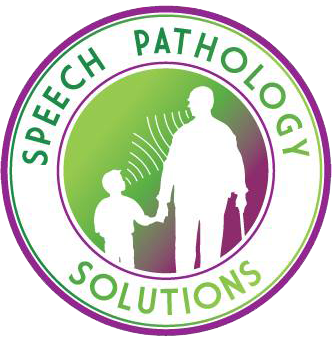quality speech language services
Cognitive-linguistic disorder speech therapy is a type of therapy that focuses on developing the functional cognitive-linguistic skills needed for everyday life. This type of therapy can help individuals with cognitive-communication disorders, acquired cognitive-communication deficits, and mild cognitive impairment. Our speech-language pathologists are trained to assess and provide personalized treatment plans to help patients improve their communication and cognitive skills. Cognitive speech therapy can also help seniors maintain their independence by improving their communication, memory, and problem-solving skills. Through this type of therapy, individuals can restore their language abilities and improve their overall quality of life.



who we help
Browse our services by age group, and learn more about how we can help you according to your individual needs.
frequently asked questions
Individuals who have suffered a stroke, traumatic brain injury, or have a progressive neurological disorder such as dementia or Alzheimer's disease can benefit from Cognitive-Linguistic Disorder Speech Therapy. Additionally, people who have difficulty with language, communication, and cognitive skills may also benefit from this type of therapy.
The goals of Cognitive-Linguistic Disorder Speech Therapy are to help individuals improve their ability to communicate, understand language, and think clearly. This may include improving language skills such as speaking, listening, reading, and writing. Additionally, therapy may also focus on improving cognitive skills such as memory, attention, and problem-solving.
A typical Cognitive-Linguistic Disorder Speech Therapy session may involve a variety of activities. These may include exercises to improve language skills such as speaking, listening, reading, and writing. Additionally, therapy may also include exercises to improve cognitive skills such as memory, attention, and problem-solving. The therapist may also work with the individual to develop strategies to compensate for any language or cognitive difficulties.
The length of Cognitive-Linguistic Disorder Speech Therapy can vary depending on the individual's needs and progress. Some individuals may only need a few sessions, while others may require ongoing therapy. The therapist will work with the individual and their family to determine the appropriate length of therapy.
insurances accepted





be the best version of yourself -
we'll help you along the way

gain confidence to speak with ease

showcase real academic abilities

connect deeply & genuinely with others

reclaim lost skills & independence



